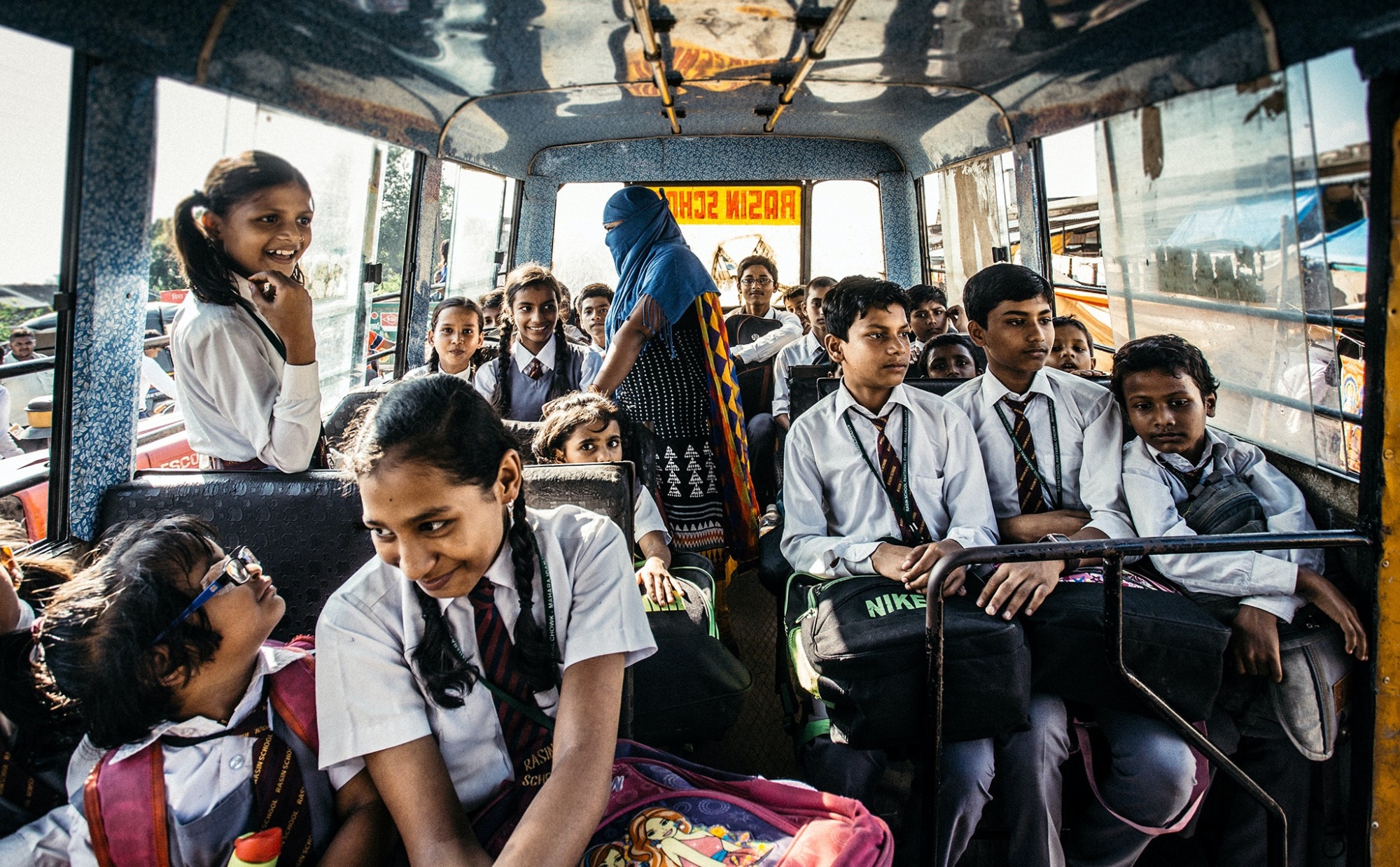New report highlights the need for young people to acquire the skills to cope with disruptions to be better prepared for the future of work.
When the Global Business Coalition for Education published its landmark youth skills report with Deloitte Global in 2018, ‘Preparing tomorrow’s workforce for the Fourth Industrial Revolution,’ 260 million children were out of school and more than 800 million youth were not on track to learn the basics. It was clear that if young people did not develop a different skill set than previous generations, they would face an uncertain future.
Fast-forward two years and the world is facing its biggest crisis in decades. COVID-19 has been a disruptor, accelerating change and exacerbating existing inequalities that young people face. To date the virus has forced more than 1.5 billion children out of school and the World Bank predicts that the current cohort of impacted students are at risk of losing $10 trillion in future earnings. Several hundred million people have lost their jobs. Some will never return, and new jobs – previously unknown – will be created. Young people are the most affected.
Stress management, critical thinking, problem solving and tenacity are among the skills that young will need to help them deal with the shock of this pandemic and other disruptions to come, and be ready for the future of work. Young people with resilience will thrive in the face of adversity.
Resilient youth make for resilient communities, businesses and economies. The report provides concrete examples and recommendations for how employers, schools, and local leaders can help build a resilient generation of young people with the skills to adapt to change and contribute to their societies.


